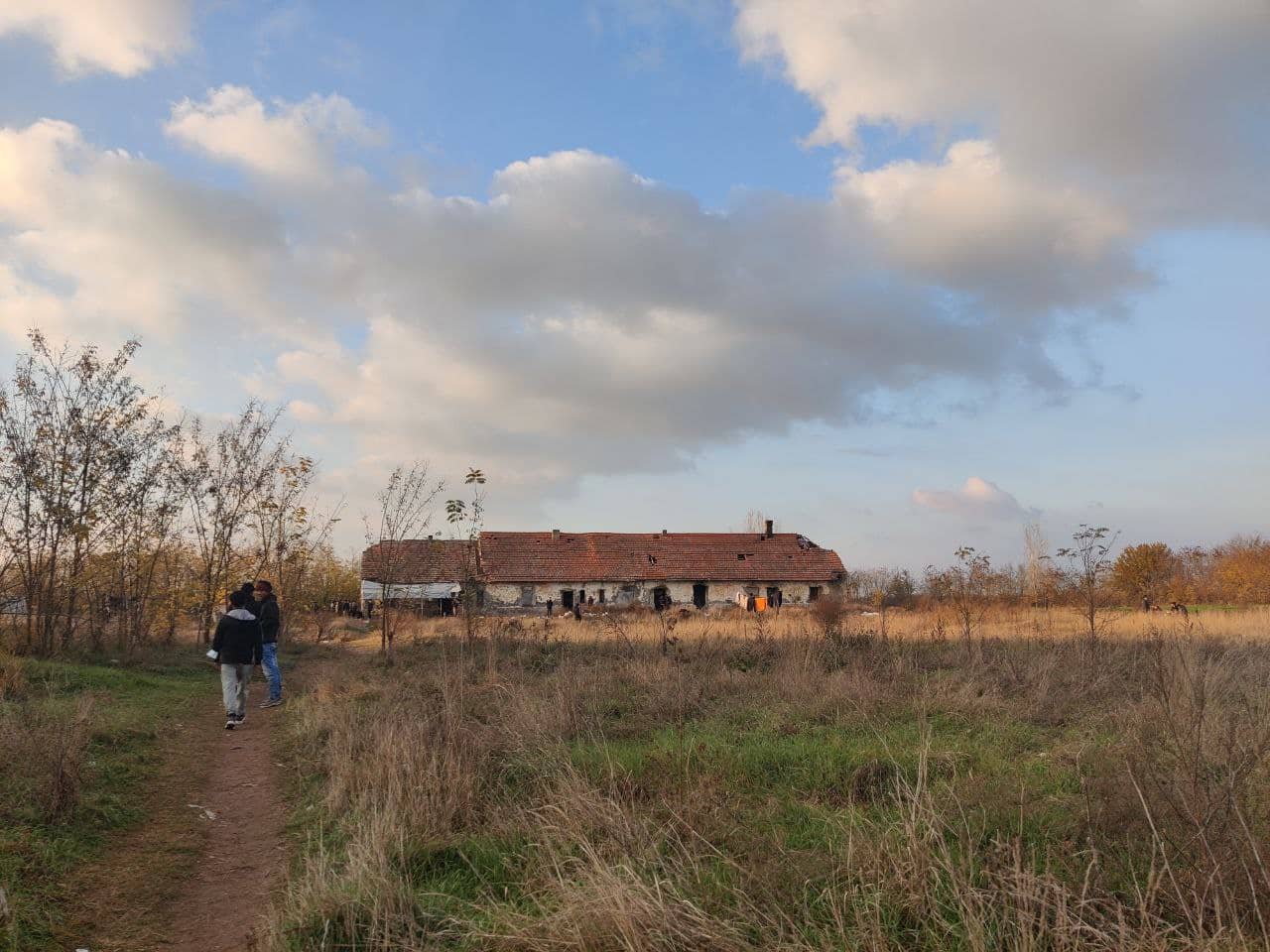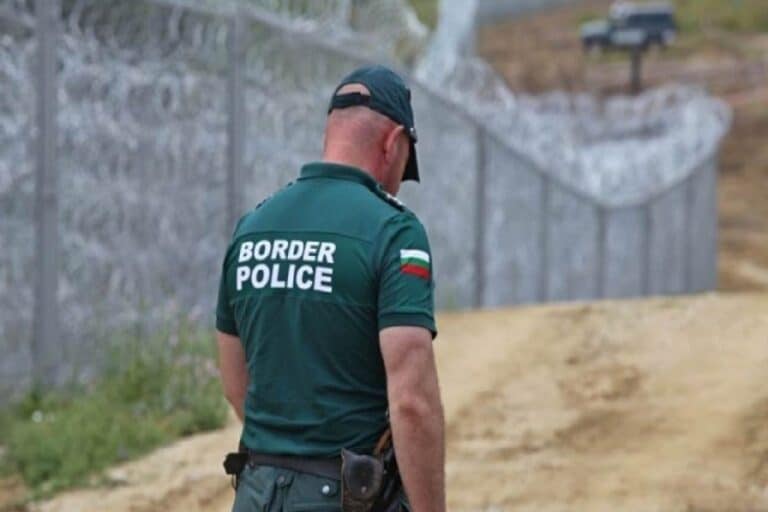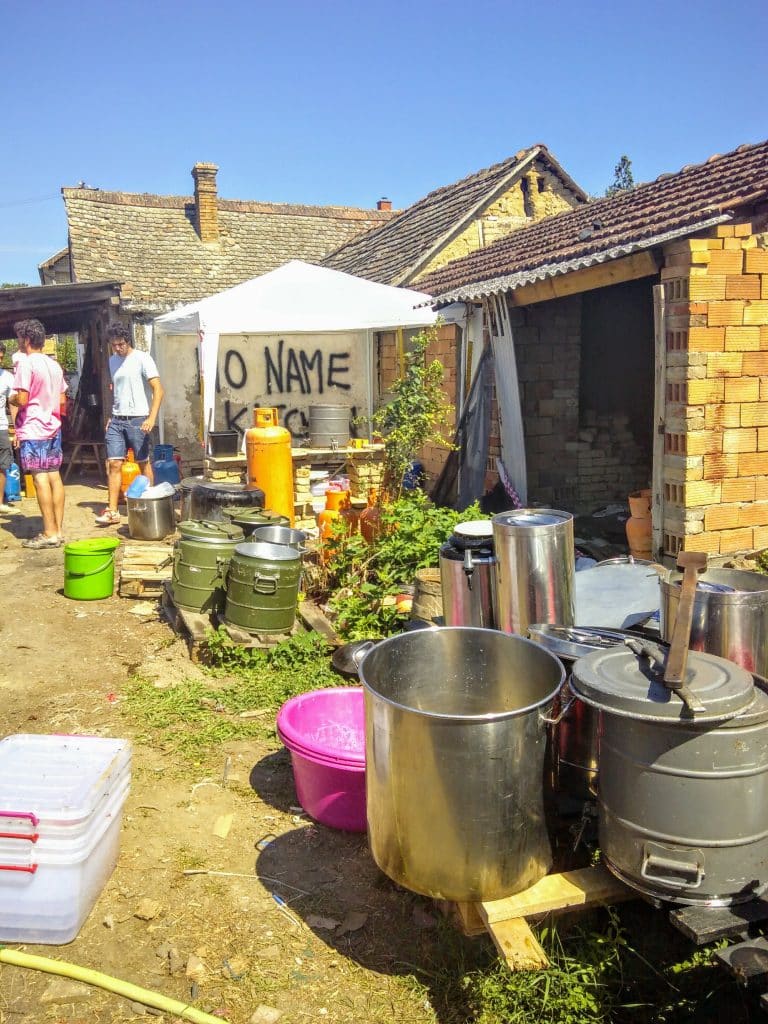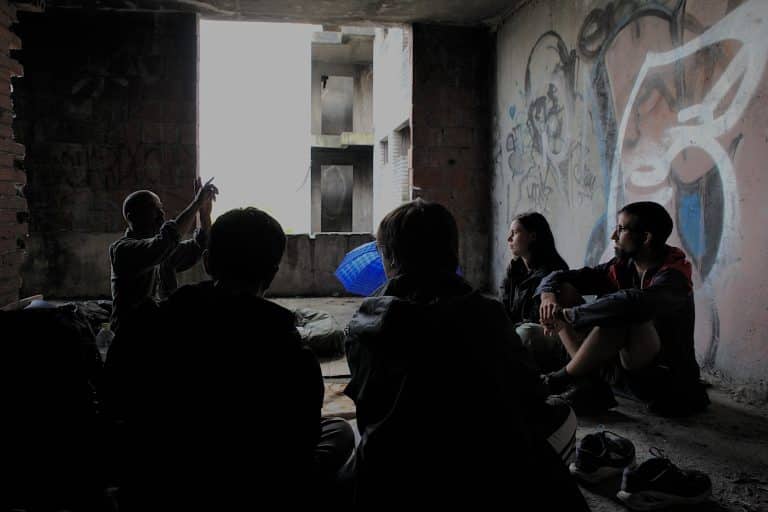This week some of us went to the north-eastern part of Serbia to assess the situation in two places: Horgos, a small town located on the border between Serbia and Hungary; and Majdan, a rural village on the border between Serbia and Romania. These two towns are only a 25 minute drive apart, despite the short distance, the space that separates them determines two different routes to reach the EU; one through the barbed wire wall of Hungary, and the other through the endless plains of Romania.
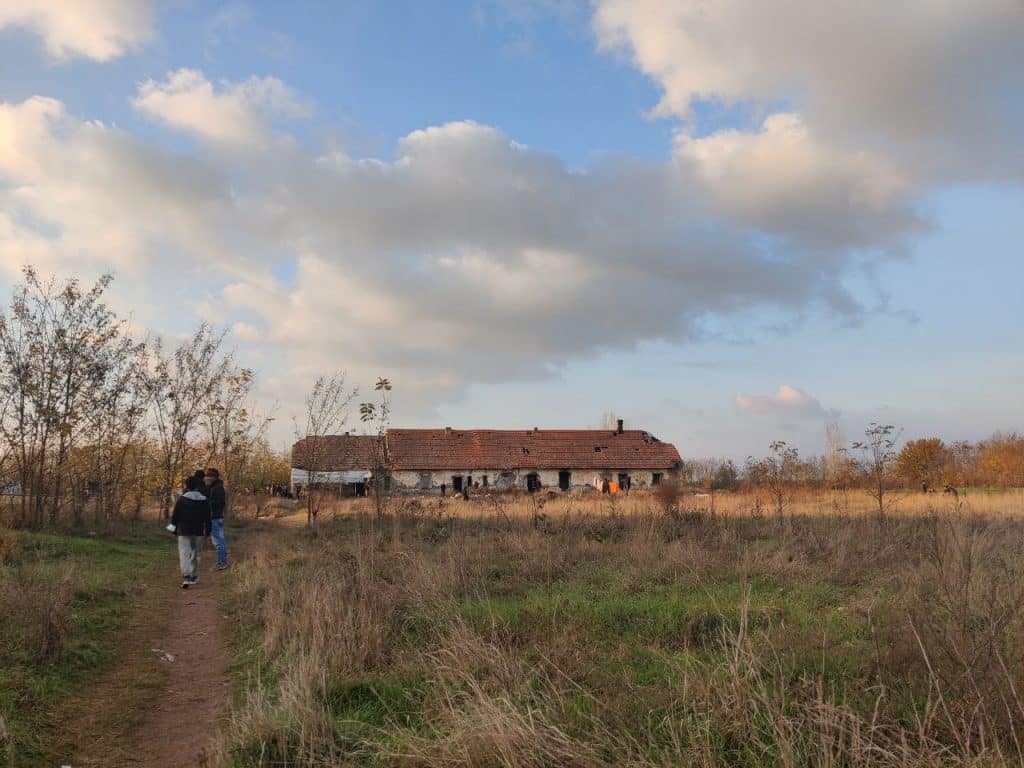
In Horgos we visited a place in the middle of the countryside where there are some abandoned buildings occupied at the moment by more or less 400-500 people in transit. Most of these people come from: Egypt, Syria, Kurdistan and some from Afghanistan. We spent some time with them drinking chai, talking and trying to understand what are the dynamics of the area, what are the needs and what are the major problems with the police and the local population. During our stay we had the opportunity to talk to a group of 10 people from Kurdistan, they told us that they had just returned from the border where the police had pushed them back.
Walking through this immense place in the countryside we also met children and women; at a first glance this site could have reminded us of a place in the Middle East but, looking at everything with more depth, we had the perception of being in a non-place and we realized that the atmosphere we were breathing was characterized by a pervasive feeling of waiting.
After a few hours we moved from Horgos to Majdan; we entered the village when it was getting dark and we reached an abandoned warehouse where about 150 people in transit live(most of them from Syria, Palestine and Egypt), while trying to reach Romania according to what they told us. It was impossible for us to count the number of tents that were inside the building, in fact, many of them had been set up outside as well because by now the space inside was finished.
Despite the short time we spent there we witnessed the consequences of a pushback inflicted by the Romanian border police. Two boys arrived walking from the main road and told us that the police had beaten them up and deported them to Serbia a few hours earlier.
At night we left Majdan, we drove back to Sid for three and a half hours and all the way home our thoughts meditated on the madness of drawing lines that define legality or illegality for so many people.
Text and photos: Alice Pezzutti

